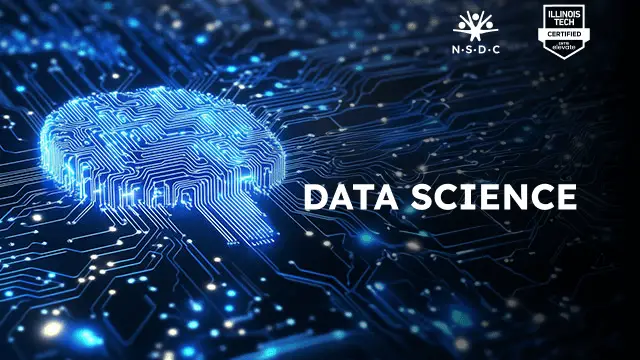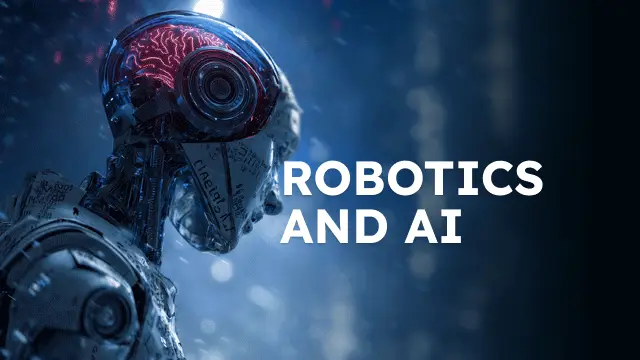Our Free C Programming Course is designed to take you from a complete beginner to a confident programmer in C. You’ll learn the core fundamentals of programming, problem-solving, and systems-level development through hands-on examples and exercises. Here’s what you’ll study:
-
Introduction to C Programming: Understand the history, structure, and applications of the C language.
-
Variables and Data Types: Learn to declare variables and use basic data types like int, float, char, and double.
-
Operators and Expressions: Master arithmetic, relational, logical, bitwise, and assignment operators.
-
Control Structures: Use if, else, switch, while, for, and do-while statements to control the flow of your program.
-
Functions in C: Create reusable code using user-defined functions, and understand function declarations, definitions, and parameter passing.
-
Arrays and Strings: Work with single and multi-dimensional arrays, and manipulate text using C strings.
-
Pointers: Understand memory addresses, pointer variables, pointer arithmetic, and how to use pointers with arrays and functions.
-
Structures and Unions: Organize complex data using struct and union.
-
Dynamic Memory Allocation: Use malloc(), calloc(), realloc(), and free() for managing memory manually.
-
File Handling: Read from and write to files using fopen(), fread(), fprintf(), fscanf(), and related functions.
-
Preprocessor Directives: Learn how to use #define, #include, #ifdef, and macros.
-
Error Handling and Debugging: Learn how to track and fix bugs using common debugging techniques and tools like gdb.
-
Build and Compile: Understand the compilation process, using gcc, and managing header/source files.
-
Mini Projects: Apply your knowledge to create real-world projects like calculators, student management systems, or simple games.
🔧 Understand how computers work under the hood:
Learn how memory, processors, and the operating system work by writing code that directly interacts with hardware-level concepts.
🧠 Master core programming concepts:
C teaches you fundamentals like variables, control structures, functions, arrays, pointers, and memory management — skills that transfer easily to other languages like C++, Java, and Python.
💾 Learn how to manage memory manually:
Gain complete control over how memory is allocated and freed using functions like malloc() and free(), which is crucial for performance-sensitive applications.
📁 Interact with files at a low level:
Understand file input/output using C standard library functions such as fopen(), fread(), fprintf(), and more.
🛠️ Build a strong base for system-level programming:
C is the language used to develop operating systems, compilers, and embedded applications. Learning C gives you the power to build efficient and portable software.
Mastering C programming opens up a wide range of career paths, especially in roles that demand performance, system-level understanding, and low-level programming. Some of the key career options include:
-
Software Developer / Engineer
Build efficient and high-performance applications for desktop, mobile, and embedded platforms.
-
Embedded Systems Engineer
Work on firmware and hardware-level programming for microcontrollers, IoT devices, automotive systems, and industrial automation.
-
Systems Programmer
Develop operating systems, device drivers, and performance-critical applications that require close interaction with hardware.
-
Game Developer
Create high-performance game engines or game logic in C or C++ where speed and resource management are crucial.
-
Firmware Engineer
Write low-level software that controls hardware devices and interacts with sensors, actuators, or communication modules.
-
Compiler or Toolchain Developer
Design and maintain compilers, interpreters, or debuggers that require an in-depth understanding of how code is translated and executed.












